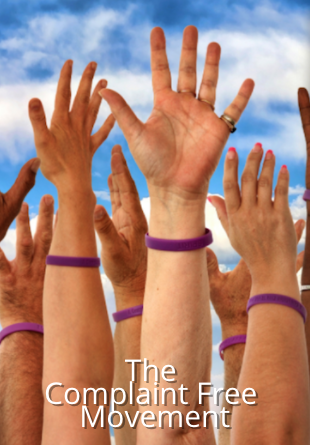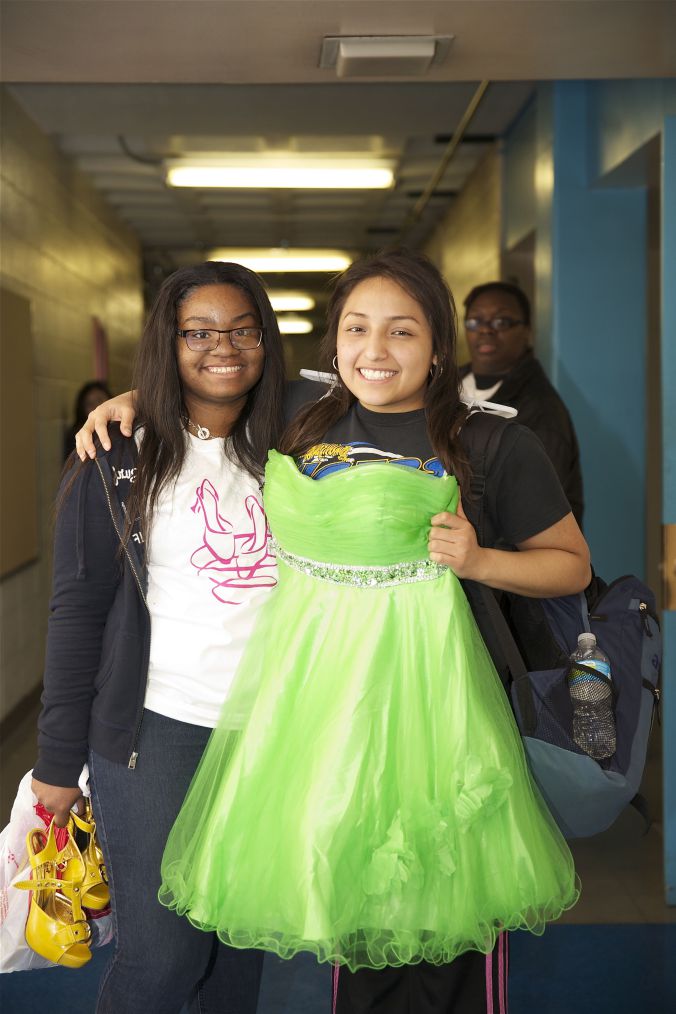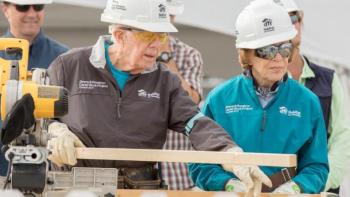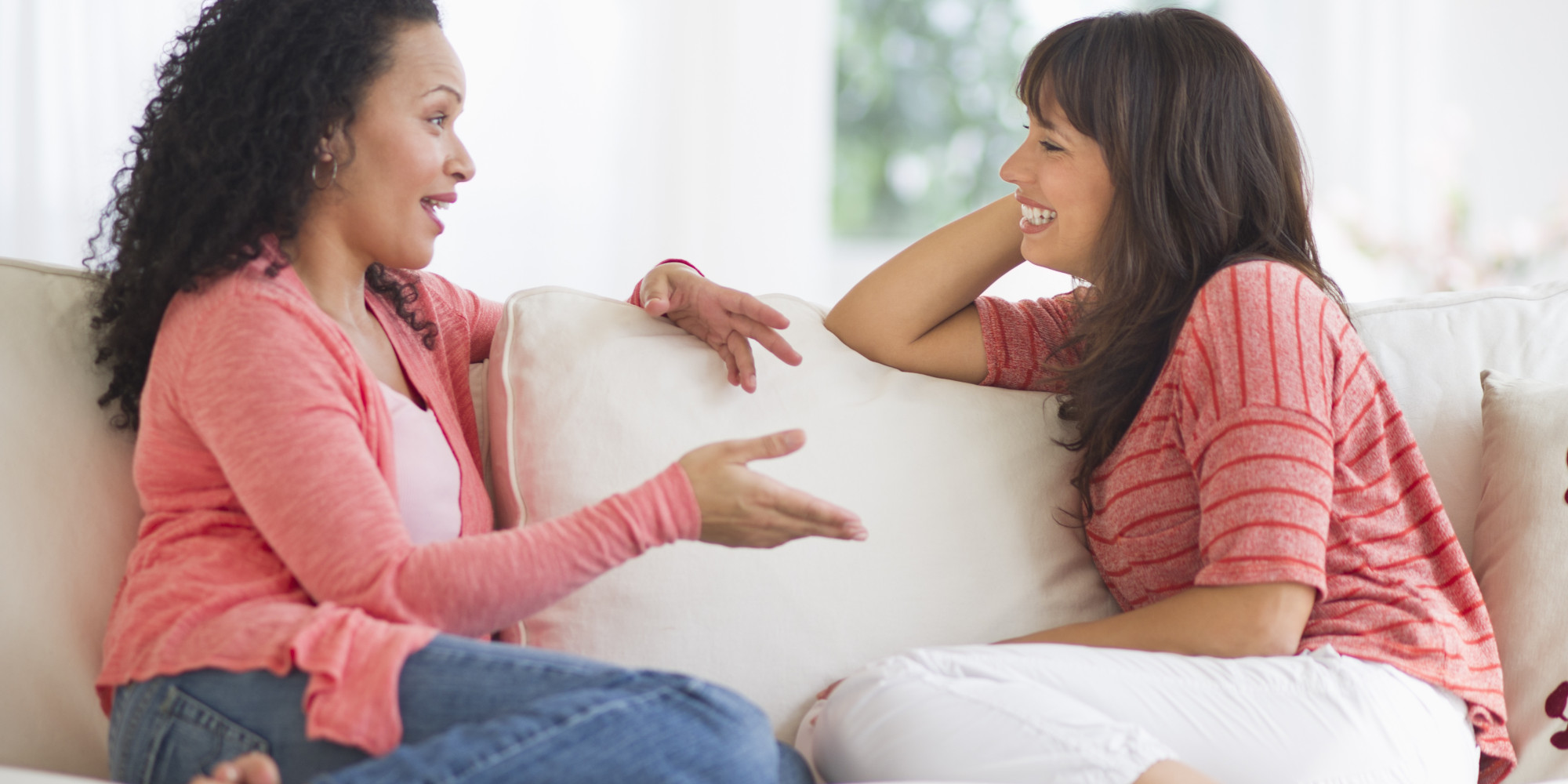1. Learn, share and join
The first step towards action is knowledge. Are you a member of a community group that is eager to learn more about how they can protect our oceans and communities? Maybe your child’s teacher is looking for ways to teach kids about environmental protection? Our toolkit has powerpoints and tips for giving a presentation—you can even host a movie night!
2. Be heard in the media
If you want to make change in your community, start with local media! Local newspapers, blogs and magazines are a great venue for getting the word out. In the toolkit, we walk you through how to write a letter to the editor of your local newspaper and how to get it published.
3. Help create plastic-free supermarkets and restaurants
Nowhere is the dominance of single-use plastics and wasteful packaging more obvious than
at the local supermarket. Make waves in your community by working to get a local supermarket to reduce their use of single-use plastics.
4. Get restaurants to ditch single-use plastics
Fed up with all the plastic straws and utensils at fast food places and cafes? Join the growing movement urging establishments to get rid of throwaway plastic products.
5. Lobby for local legislation
All over the world, towns, cities and villages are standing up for a plastic-free future by implementing local bans and laws restricting the use of throwaway plastic. Be part of this movement by working with your neighbors to get your local government to do the same.

Greenpeace and MCS (Marine Conservation Society) Mull Beach Clean at Kilninian Beach with pupils from Ulver Primary School, Isle Of Mull. Greenpeace brought its ship the Beluga II on an expedition of scientific research around Scotland, sampling seawater for microplastics and documenting the impact of ocean plastic on some of the UK's most precious marine life.
6. Organize a local cleanup and #BreakFreeFromPlastic brand audit
Everyone loves a cleanup event, so why not take it to the next level? Get your community together to clean up a local beach, park, or riverbank—but don’t stop there. Go through the single-use plastics collected and identify which companies produced them. Let’s
hold corporations responsible for their plastic waste!
7. Start a community group!
You don’t have to go it alone. We have a lot of work to do, and we’ll get a lot further—and have more fun—together. Get some friends and neighbors together for a plastic-free future!
Excited to get started? Check out the full
Million Acts of Blue toolkit to find out more about how you can work in your own community to end single-use plastics.




 /
/
 Help recover overgrazed land in Cajón Bonito in Sonora, Mexico by funding a biodiversity expedition!
Help recover overgrazed land in Cajón Bonito in Sonora, Mexico by funding a biodiversity expedition!




